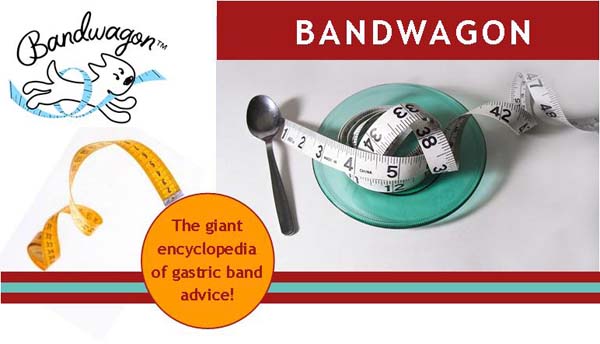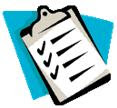THE 3 R’S
While you’re waiting for your copy of
Bandwagon to arrive, let’s talk about the 3 R’s: Readin’, ‘riting, and
‘rithmetic. What are the 3 R’s of band success?1. R is for Reading – learn to read your body’s signals about hunger, satiety, and restriction.
2. R is for (W)riting – keep a food
and exercise log. Studies show that people who keep a food log lose more weight
than those who don’t.
3. R is for (A)rithmetic – weight
loss, as hard as it can be to achieve, involves very basic arithmetic. As long
as you burn more calories than you consume, you will lose weight. This doesn’t
mean that you have to count calories to lose weight, or count calories for the
rest of your life, but if you’re struggling and not sure why, try calorie
counting for at least one week. Online tracking programs (like such as those at
sparkpeople.com, livestrong.com, and choosemyplate.gov) make it easy to log
your food intake and calculate your calories. And by the way, calorie counting
is meaningless if you’re not weighing and measuring your food. Yes, more
arithmetic!
YOUR REPORT
CARD
I haven’t seen a report card for some 38
years, but I clearly remember the looming importance of each semester’s report
card. In elementary school, we were graded on effort as well as achievement.
Tell us honestly: what’s your WLS effort grade today?
I’ve seen 2 different trends in other
bandsters’ WLS journeys:
1. Weight loss is relatively easy in the
beginning, when you’re at your heaviest and also most gung-ho, but eventually
it gets harder as you get smaller (and burn fewer calories), the novelty of your
band wears off, and your underlying eating issues (like stress eating,
emotional eating, etc.) aren’t addressed.
2. Weight loss is hard in the beginning, when
you don’t yet have enough fill in your band, but eventually you and your band
click and the weight loss gets easier.
Both situations #1 & 2 require extra
effort on your part sooner or later. Neither situation is better or worse, but
your awareness and understanding of your situation can help you deal with it
with less “poor me” and more “go me.” I’ll illustrate this with an example from a frivolous but always fascinating aspect of life: hair. I have straight, thin hair, and not a lot of it. I wish it were thicker, curlier, shinier, but it’s not. With the help of my hairdresser, I can make my hair look better, but agonizing about it does not do a single thing to make my hair curl. And I’m not going back to my 1980’s poodle perm, thank you very much.
Similarly, I have an inborn intolerance for idleness and am easily bored, especially when it comes to food and exercise. I wish that weren’t so, but it is. With the help of my dietitian, food magazines, and cookbooks, I manage to plan and prepare healthy, delicious, interesting meals. With the help of my fitness instructor, I manage to participate in a wide variety of fitness classes that are never boring.
SOME ROOM FOR
IMPROVEMENT?
On the back of my report card was a space
for my teacher to write comments about areas in which I exceled or (more often)
I needed to improve. Mine usually had to do with talking and clowning during
class too much (what a surprise). So, what opportunities for improvement await
you this semester? Mine is to back to planning and logging my food every day. Further,
I need to start paying more attention to the resulting nutritional data rather
than logging and moving on. If I don’t pay attention to the data, I can’t evaluate the quality of my food intake, but I’ve been logging about 1200-1300 calories a day without taking the time to notice some major inconsistencies in my macronutrients, especially protein. I need to pay attention to my protein intake not just because my body needs good-quality protein to repair the muscles I stress during my daily workouts, but because low protein intake often represents maladaptive eating. Rather than slow down and eat carefully so that solid protein doesn’t cause me problems, I take the easy way out and eat the easy stuff, almost always in the form of carbs that don’t offer much satiety value.






